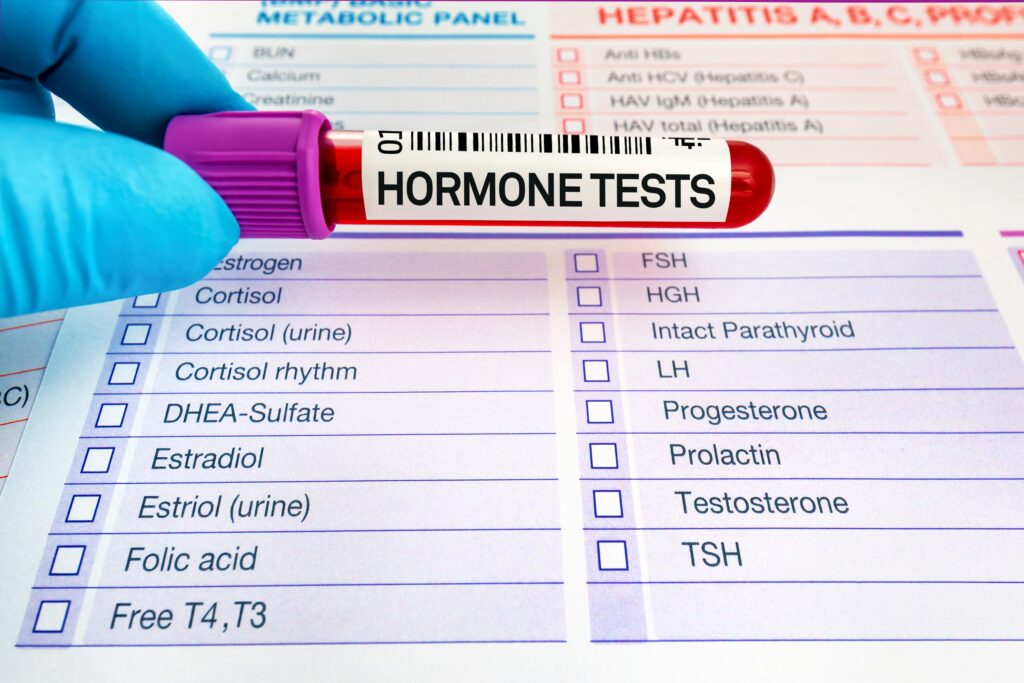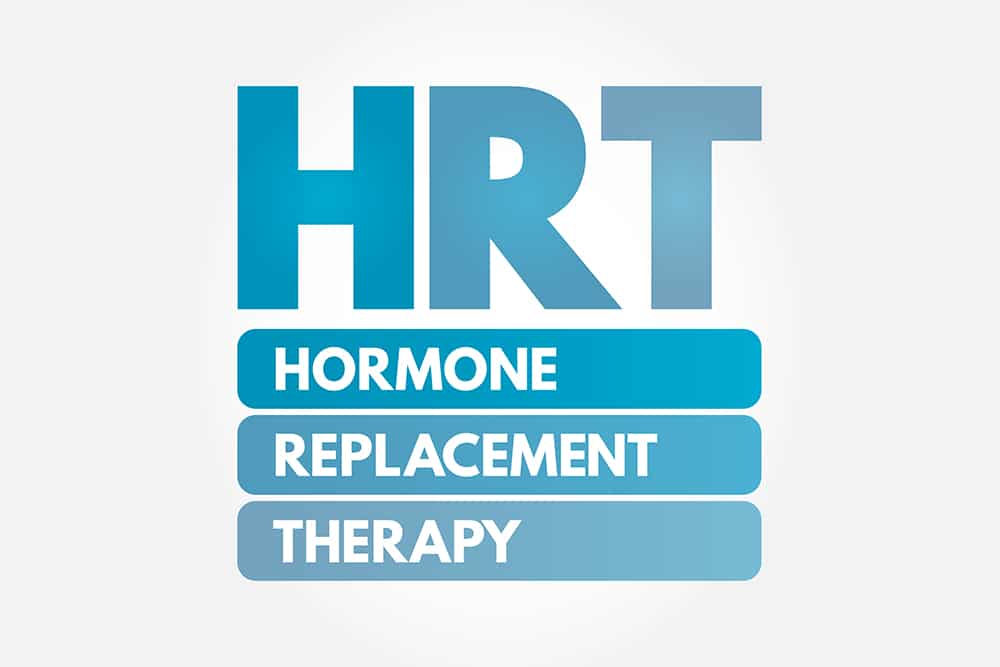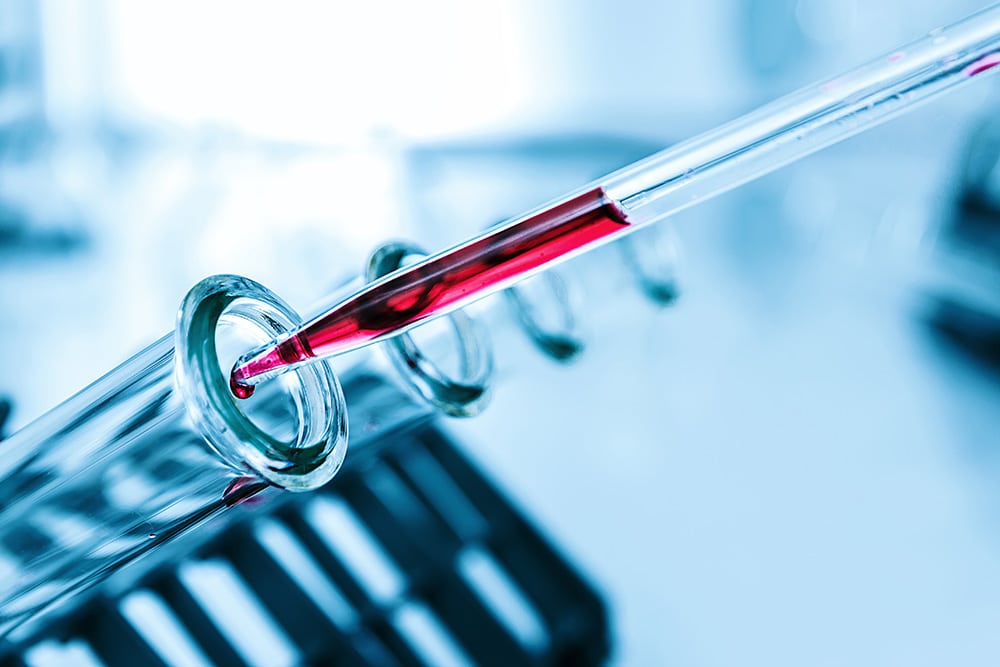If you’re considering tackling the menopause, perimenopause, or any hormonal imbalance with the use of Hormone Replacement Therapy (HRT), it is good to research which hormone treatments you may be prescribed.
HRT treatments ensure that life altering side effects from hormonal imbalances are tackled and curbed to improve life quality and see a bounce back to optimum health levels. There are many different types of HRT treatments designed to replace hormone deficiencies and rebalance users. We are going to be exploring the types of HRT treatments available.
Standard or Bespoke HRT Treatments
When menopausal women approach national health organisations for HRT treatments, they are offered a standard type of HRT treatment. This standardised approach consists of estrogen and progesterone therapy in levels that will aid the average menopausal woman.
The problems can arise, however, when people must jump through hoops to get their hands on a prescription due to long waiting lists, shortages, and difficulties with doctors. Standard HRT treatments are available through Bodyline; however, Bodyline also offers bespoke HRT prescriptions that can be titrated to your needs.
Using a blood analysis and your medical history, Bodyline’s specialist nurses can find a treatment of HRT that will tackle your symptoms exactly, and ensure you are supported throughout, changing the prescription as side effects change along your HRT journey.
Bodyline offers the following HRT treatments through our personalised Hormone Replacement Therapy programmes, that can be combined in a perfectly bespoke prescription for you.
Types of HRT Treatments
Estrogen
Estrogen is the female hormone that guides woman’s passage through puberty, fertility and menopause. Over a woman’s build towards menopause, her ovaries gradually stop producing estrogen, but once the ovaries halt oestrogen production completely this can cause life altering symptoms. These symptoms can include brain fog, lack of sex drive, osteoporosis, urinary infections, hot flushes, and sleep deprivation to name a few. This treatment will provide the body with estrogen as a replacement, targeting these symptoms and improving overall quality of life.
Progesterone
As they age, women’s ovaries produce significantly less and less progesterone. This is the hormone that is produced in the ovaries and controls the uterine lining during menstruation, but also aids in blood pressure regulation and sleep cycles. When progesterone levels are low, one can experience symptoms including irritability, low mood, and weight gain around the stomach. Progesterone HRT can mitigate these symptoms and make menopause a remarkably better experience.
Testosterone
Testosterone HRT can be used in bespoke menopause treatments and low testosterone treatments. It is a sex hormone and an anabolic steroid.
For women, testosterone levels are at their highest during adolescence and early adulthood but decrease as they age. As a result, menopausal women can experience symptoms including a decreased sense of well-being, a loss of vital energy and reduced sexual libido.
Dehydroepiandrosterone (DHEA)
DHEA is available for women. It helps in the production of sex hormones in the ovaries, so when it is low, so are the other hormones.
As woman age beyond early twenties, levels of DHEA gradually decrease, with around half lost in women by the age of 45. In turn, this will lower levels of oestrogen or testosterone and impact sleep, libido, and mental health. Boosting levels of DHEA when they are low can improve several symptoms related to menopause, including mood, immunity, and libido.

















